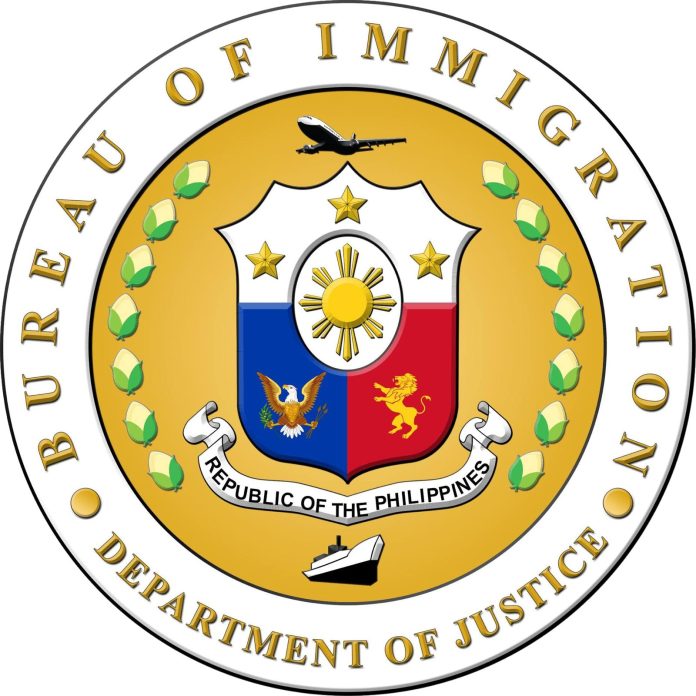The Bureau of Immigration (BI) delivered a major blow to foreign-run cybercrime operations after arresting 16 Chinese nationals—including a fugitive wanted for major economic crimes—during a raid on a suspected “scam hub” in San Miguel, Manila.
BI Commissioner Joel Anthony Viado identified the primary target as Chen Qinguang, 38, who has an active detention warrant issued by China’s Quanzhou Public Security Bureau since 2019. Chen is accused of embezzling large sums from a Chinese firm and funneling the stolen money into personal investments and credit card payments.
Chen was tracked down by the BI Fugitive Search Unit (FSU) on Nov. 21 at the Sunland Building, where the raid uncovered thousands of gadgets and electronic devices typically used in online fraud and illicit digital operations. According to Viado, authorities suspect the location served as a major supplier of scam equipment for broader criminal networks.
But Chen wasn’t the only one apprehended. Fifteen other Chinese nationals found at the site failed to present passports or any valid immigration documents, putting them in clear violation of Philippine immigration laws.
“This administration has zero tolerance for foreign criminals who treat the Philippines as a sanctuary,” Viado declared.
All 16 individuals are now in BI custody pending deportation proceedings.

